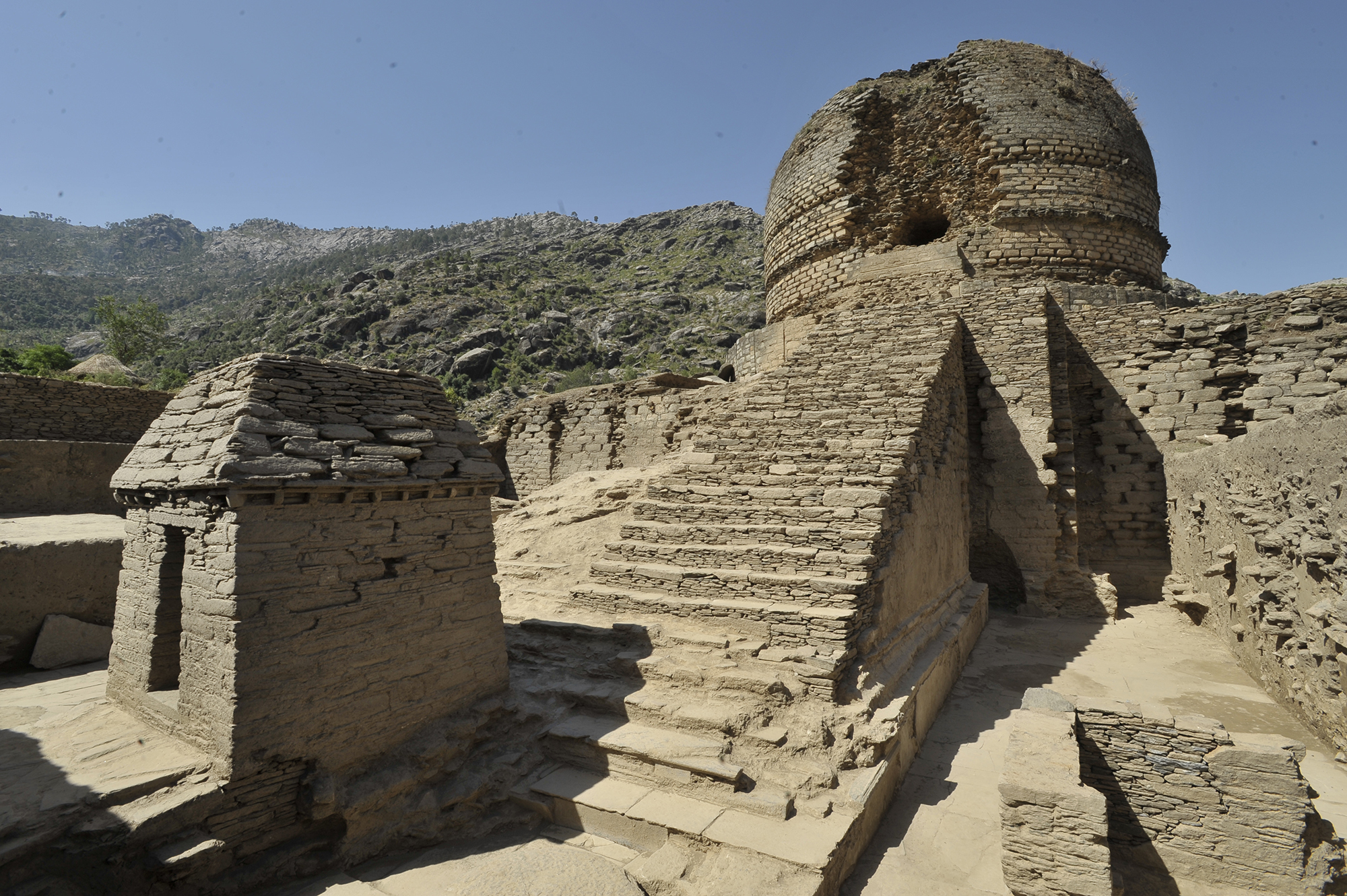- About
- Undergraduate
- Graduate
- Foreign Study
- Research
- News & Events
- People
Back to Top Nav
Back to Top Nav
Back to Top Nav
Back to Top Nav
Back to Top Nav
 Luca Olivieri
Luca Olivieri
Feb 3, 2016
Dr. Luca M. Olivieri is the current Director of the Italian Archaeological Mission in Pakistan. Since 2011 he has also served as the Director of the ACT-Field School project in Swat (Pakistan) co-implemented by the Mission and the Pakistani archaeological authorities. During his 28 years of field research in Swat he has conducted 23 excavation campaign in seven sites (17 campaigns in the historic settlement of Barikot) and 15 survey campaigns. The results of his field activity have been published in dozens of research papers as well as in several books and reports. His main fields of interest are urban settlements, landscape archaeology, and rock-art.
Modern archaeological activities began in Swat in 1955 when Giuseppe Tucci established the Italian Archaeological Mission, marking the beginning of an activity that remained uninterrupted for 60 years. After a halt due to force majeure – between 2007 and 2010, all the archaeological activities were suspended because fundamentalist insurgency groups took over and occupied the valley – work resumed in 2010. Immediately after the conclusion of the military operations that cleared the area, thanks to funding from the Italy-Pakistan Debt Swap Program (PIDSA), a joint Italy-Pakistan project "Archaeology, Community, Tourism-Field School" (ACT-Field School) was launched. The Project (which is still going on in 2016) is aimed at contributing to the development and promotion of the archaeological heritage of the Swat valley through the mobilization of the concerned communities: "Archaeology from below".
The constant presence of the Mission and of its Pakistani counterparts, its responsibility for entire archaeological areas on behalf of the government of Pakistan, and the continuity among the skilled workers from one generation to the next resulted in a working experience that is unique in this field. This cooperative experience was transformed into a model of intervention that represents the conceptual backbone of the ACT project.
The public lecture will report on the different scientific themes and fieldwork issues touched by the ACT project: from conservation at Jahanabad, the colossal rock-cut Buddha mined by the Taliban, to the excavation at two major protohistoric graveyards, the excavations and conservations at three major Buddhist sacred areas, and finally the large-scale excavation project at the historic settlement site of Bazira/Vajiristhana (Barikot).